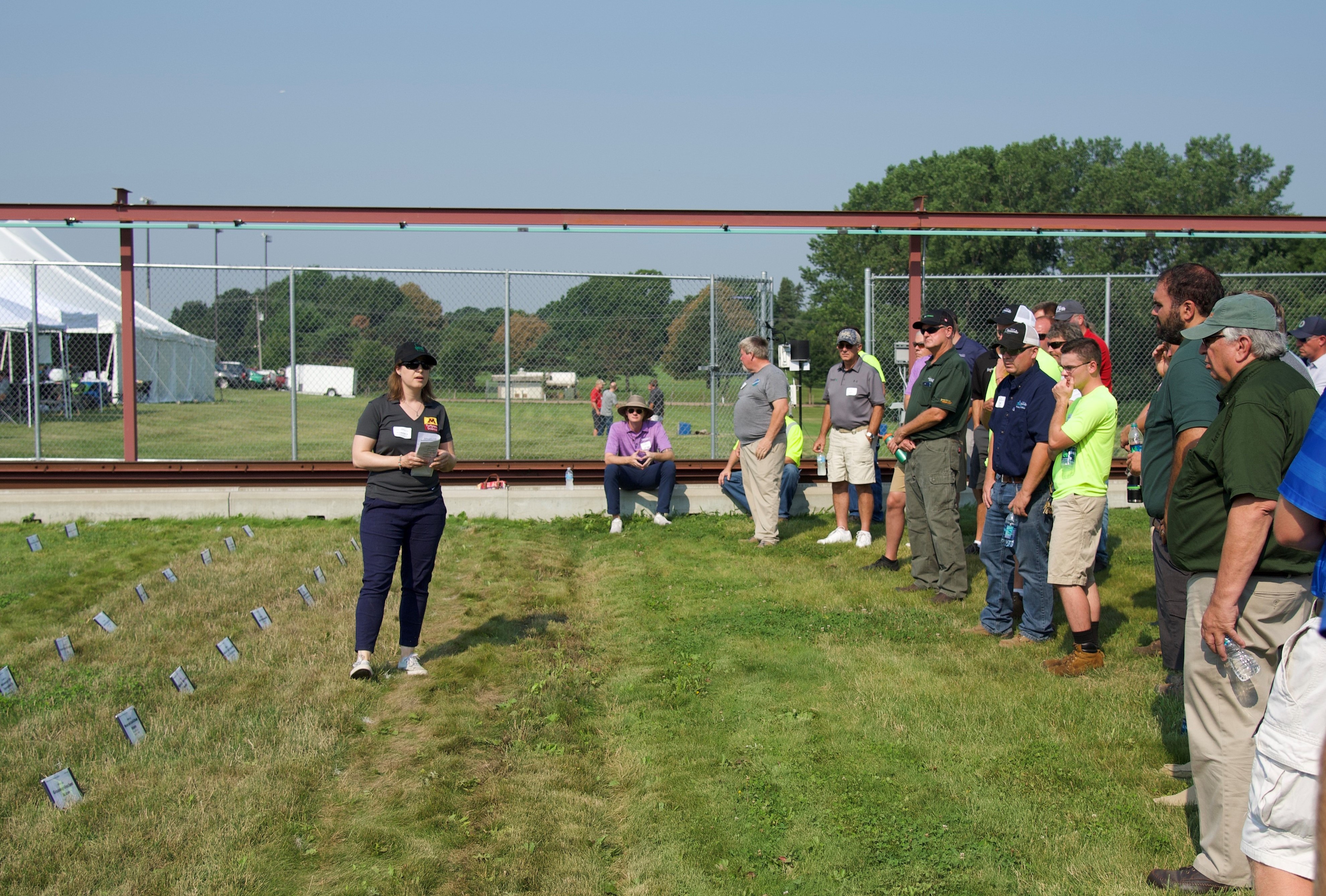golf
University of Minnesota Turfgrass team in the media – 4/18/22
Check out our team’s latest efforts in educating the public about our work. An article from the UMN Turfgrass Science team was featured in the latest edition of the MGCSA's Hole Notes publication.
Sign up for our new newsletter!
Are you a golf course superintendent or turfgrass manager interested in the latest research on mitigation and recovery from winter stress damage? As part of our new WinterTurf project, we have created a newsletter about the work we are doing on this project, along with other articles on the topic from other sources.
Evaluating fine fescues for golf greens in cold climates
By Gary Deters and Eric Watkins
This article was originally published on the Low Input Turf Using Fine Fescues blog.
Working toward a greener spring: Finding solutions to winter turfgrass damage
Winter can lead to turfgrass damage and death, causing challenges for turfgrass managers. And with a changing climate, new challenges are cropping up every year.
Eric Watkins, a professor in the Department of Horticultural Science, is seeking out answers to those challenges, most recently through an $8 million USDA Specialty Crop Research Initiative grant. His goal? To better understand the winter stresses that are placed on turfgrass and to identify solutions through plant breeding and best management practices.
New research publications from our team - 11/08/21
Learn more about our research! Three research articles from our group have been published in the September/October 2021 issue of Crop Science.
University of Minnesota Turfgrass team in the media – 10/22/21
Check out our team’s latest efforts in educating the public about our work. Articles about the UMN Turfgrass Science team were featured in the October 2021 edition of the MGCSA's Hole Notes publication and Eric Watkins was featured in an article and podcast about bee-friendly lawns!
Save the Date: 2021 UMN Turfgrass Field Days
By Maggie Reiter
Save the date for our late summer/fall field days! Registration now OPEN. Events will be designed for a target audience, about 2-3 hours long, and more casual than in the past.
Turfgrass Field Day: Golf
In collaboration with Minnesota Golf Course Superintendents Association
University of Minnesota Turfgrass team in the media – 6/27/21
Check out our team’s latest efforts in educating the public about our work. Dominic Petrella, Sam Bauer, Brian Horgan, and Eric Watkins wrote Fine fescues for golf course putting greens for Golf Course Management magazine (GCM). Learn more about fine fescues' performance as putting greens under minimal management.
